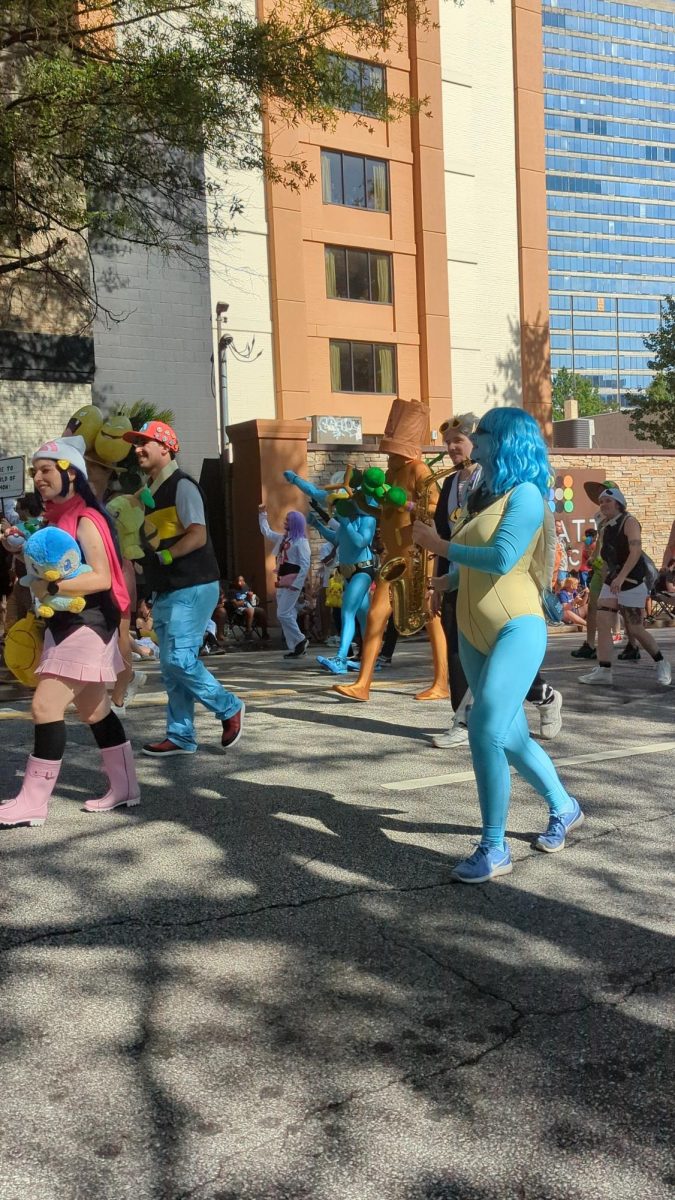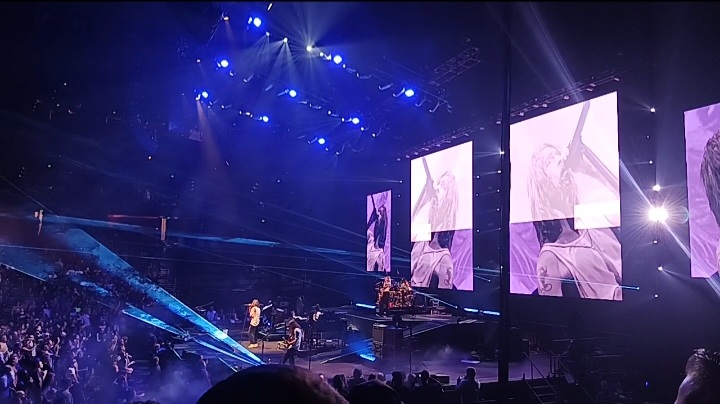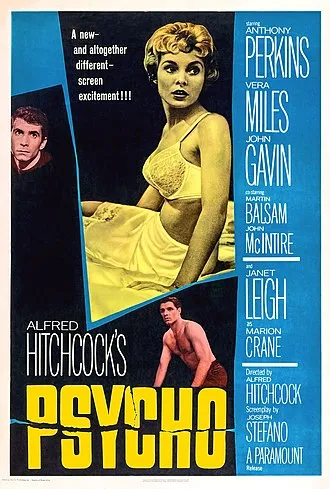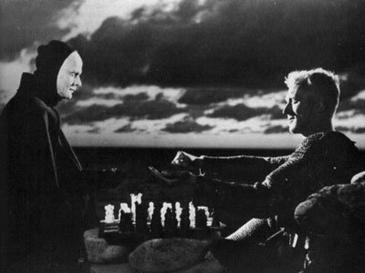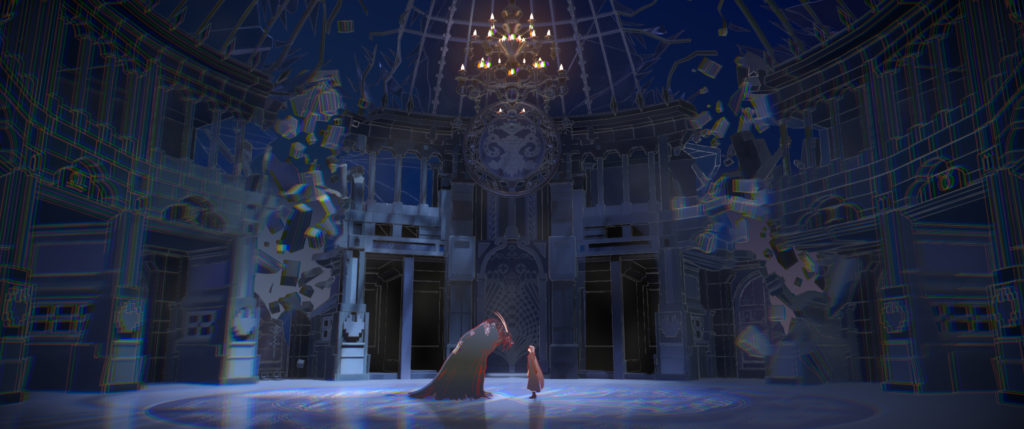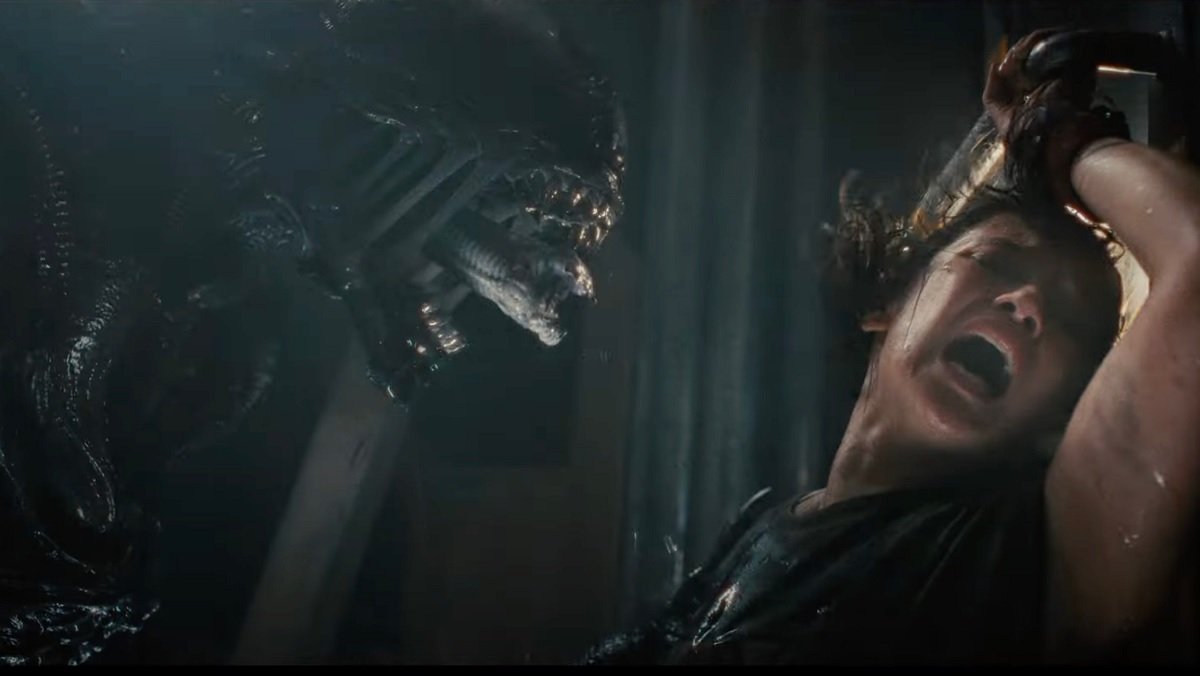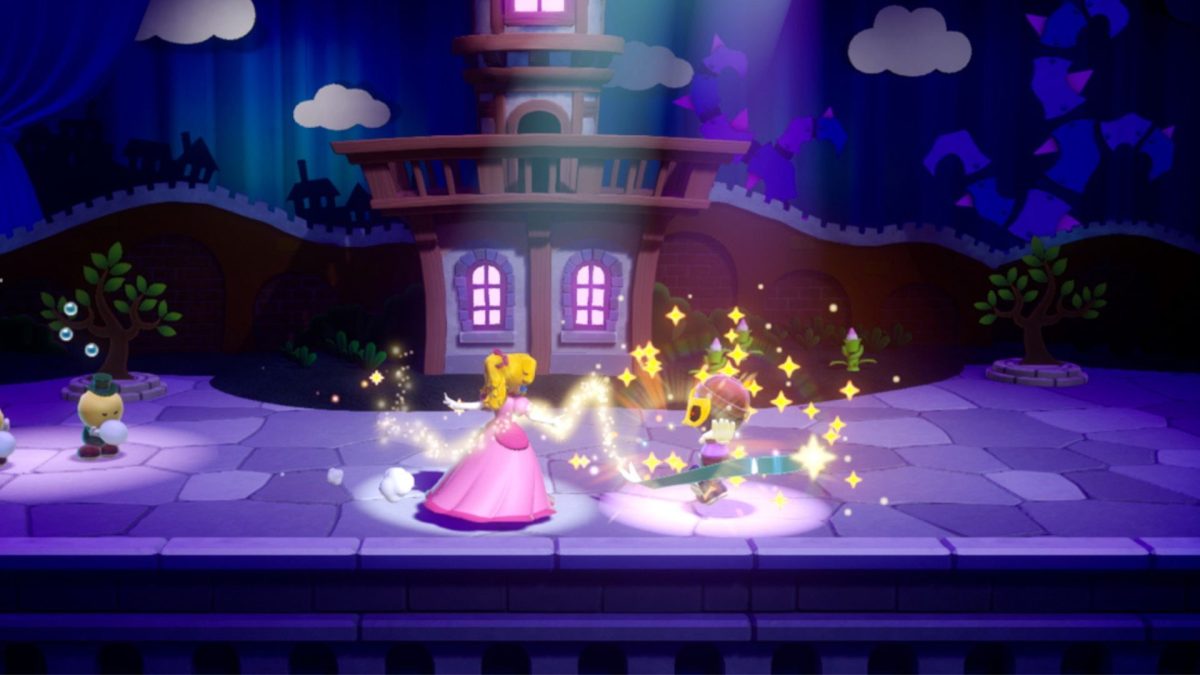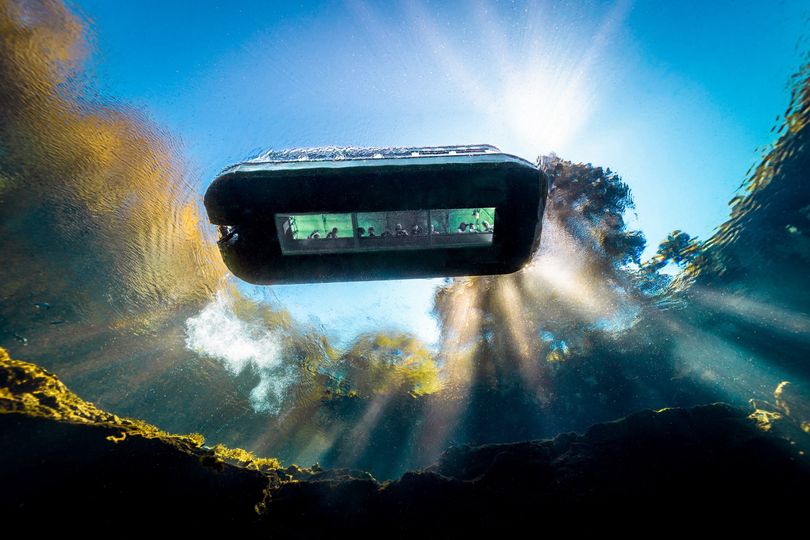Since its release in 1965, Frank Herbert’s novel Dune has been a major influence on
the sci-fi genre. I’ve never read the book or any of its myriad sequels, but I did see
the popular 2021 film adaptation by director Denis Villeneuve. Like most, I thought
it was an excellent film, although I did have my reservations. The pacing made the
film feel tedious at many points, and I didn’t feel a great connection to the film’s
protagonist. As such, I was excited about the sequel, but not in any overwhelming
sense. I am pleased to report, however, that Dune: Part Two exceeded my
expectations.
In an interview about the film with the New York Times, Villeneuve stated that he
“remember[s] movies because of a strong image. Modern
blockbusters often forget this crucial aspect of filmmaking. Their human flavor is
lost in a sea of vomit-inducing CGI. More often than not nowadays, these films don’t
even feel technically competent in their looks. Dune: Part Two goes against these
trends, with Villeneuve’s philosophy being especially evident. His direction
combined with the skills of renowned cinematographer Greg Frasier make for a
visual spectacle. The shots are carefully crafted to evoke emotion at every turn. I
was on the edge of my seat in scenes that didn’t even involve action. Everything,
computer-generated or practical, feels real, with locations and sets that feel alien
yet tangible.
Of course, the purpose of visuals in film is to tell a compelling story. Dune: Part
Two also excels on this front. The film picks up nearly immediately after the events
of Part One and tells a compelling narrative about religion, leadership, and how
both can shatter and corrupt the morals of good people. This is most evident in the
character arc of protagonist Paul Atreides. Timothée Chalamet gives what is
arguably the best performance of his career so far, as we see his character evolve
from a humble and sincere hero to a war-mongering cult leader. There’s a particular
scene near the climax where he gives one of the most chilling monologues in recent
cinematic memory. Rebecca Ferguson’s character, Lady Jessica has a similar arc of
change, going from a motherly figure to something increasingly more sinister.
These storylines hit harder for me than anything from the first film, with the pacing
also being thoroughly improved. Very rarely did I feel bored watching as I did during
Part One.
The only weak point in the film is the soundtrack. It’s not terrible by any means.
Hans Zimmer is a wonderful composer and the tracks do fit the visuals well. It’s just
not memorable. The most legendary movies of all time have themes that are just as
impactful as anything else in the film. Perhaps the most notable example is the Star
Wars franchise, of which the original films produced under George Lucas take a
great deal of inspiration from the Dune novel. John William’s soundtrack made that
movie special, and I feel that Dune: Part Two’s relative lack of iconography in its
score is the only thing holding it back from reaching the same level.
Overall, Dune: Part Two is a masterpiece. Even if you only liked the first film as I
did, chances are you will love this one. This success can be attributed to a
masterful understanding of the film language on the part of Denis Villeneuve and a
deep story adapted from one of the most influential sci-fi novels of all time.





